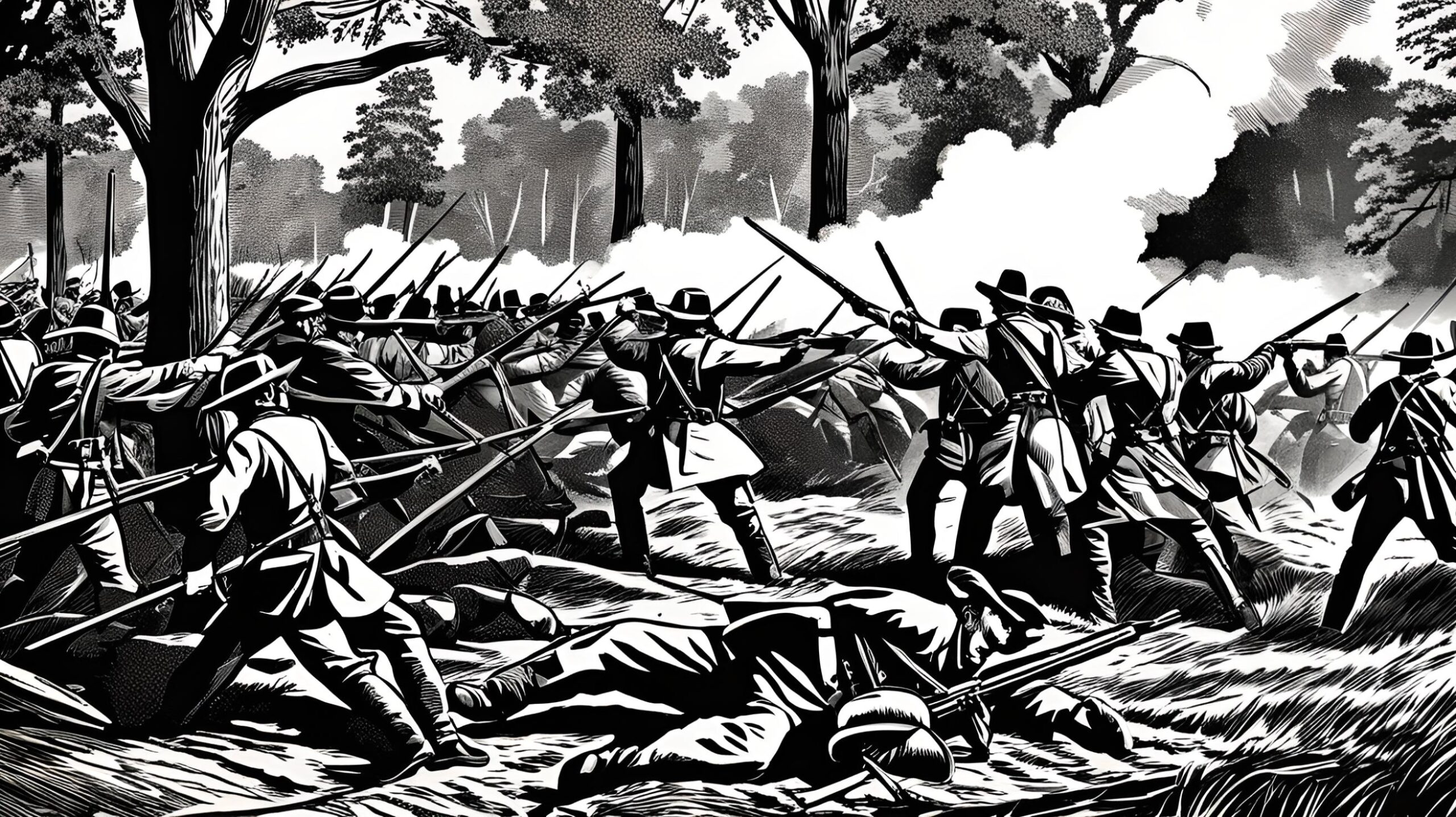Flashback to September 1
American History

The American Civil War, fought from 1861-1865, is among the most critical events in United States history. Standing out amid the plethora of crucial clashes is the Battle of Chickamauga, a significant conflict that took place around mid-September in 1863.
Located in Georgia near the Tennessee border, Chickamauga became the stage for a brutal two-day battle that undeniably shifted the course of the Civil War in the South’s favor. The Confederate Army, led by General Braxton Bragg, managed to eke out a victory over the Union forces under General William Rosecrans. It was the first significant Confederate victory in the Western Theater, resulting in more combative gains that helped to slow the Union’s momentum.
The name “Chickamauga” is from a Cherokee word meaning “river of death,” which is unfortunately apt given that the battle was one of the deadliest of the entire Civil War. The engagement lasted from the 19th to the 20th of September 1863 and resulted in approximately 34,000 casualties, spurring a significant shift in the Union’s approach to the war in the ensuing months.
At the battlefield onset, Union forces conducted a surprise attack on a single Confederate division. However, the Confederates quickly rallied, and both sides rapidly brought up reinforcements. Fighting continued throughout the day, with advantages swaying to one side and then the other.
The pivotal moment came late on September 20th when a misinterpretation of orders created a gap in the Union line. Cleverly seizing this opportunity, Confederate General James Longstreet launched a successful assault that drove one-third of the Union army, including Rosecrans himself, from the field. This led to a catastrophic Union retreat and a decisive Confederate victory.
The significance of the Battle of Chickamauga in the context of the American Civil War cannot be underestimated. It changed the course of the conflict in the Western Theater and provided a significant morale boost to the Confederacy. The Union defeat led to a change in leadership, with Ulysses S. Grant taking command of the Western forces.
The site of the battle is now a national military park and cemetery, preserving the memory of those who lost their lives in this seminal conflict. This event continues to be a significant piece of American history, telling a story of division, endurance, and the critical role of leaders during volatile times.
Although the Confederacy savored the victory, the Battle of Chickamauga was not a turning point in their favor for the American Civil War. Its effects were much more nuanced. It influenced tactical and strategic decision-making, leadership changes, and the public morale of both North and South. Nevertheless, it remained one of the bloodiest engagements in American history, and its lessons continue to echo today. It is a testament to the cost of division and a stark reminder of how a nation can fight within itself—hence its significance in the annals of American history.
Experts, history aficionados, and casual learners alike often study the Battle of Chickamauga due to its significant impacts on the Civil War and American history at large. Commemorations of this conflict and educational platforms continually acknowledge its importance, cementing the Battle of Chickamauga as a critical piece of the American Civil War narrative for generations to come.
We strive for accuracy. If you see something that doesn't look right, click here to contact us!
Sponsored Content

The Civil War: Severe…
Experience the intensity of…

Henry “Scoop” Jackson, American…
Renowned American Senator-Democrat for…

Leonor Sullivan, American politician…
"Remembering Leonor Sullivan: prominent…

Great Hinckley Fire: A…
"Experience the chilling history…

In the USA, the…
On September 1, 1982,…

California Constitutional Convention held…
On September 1, 1849,…

